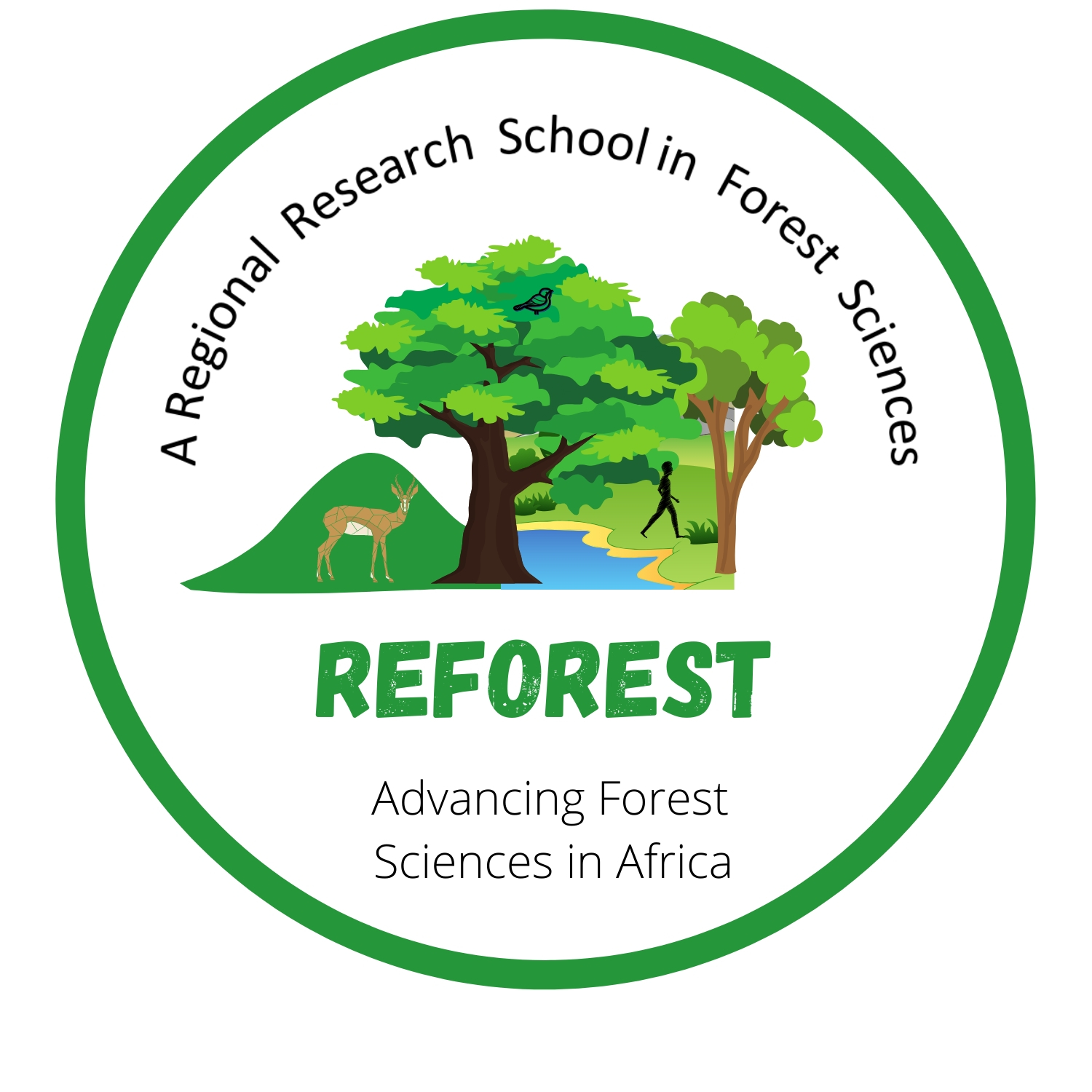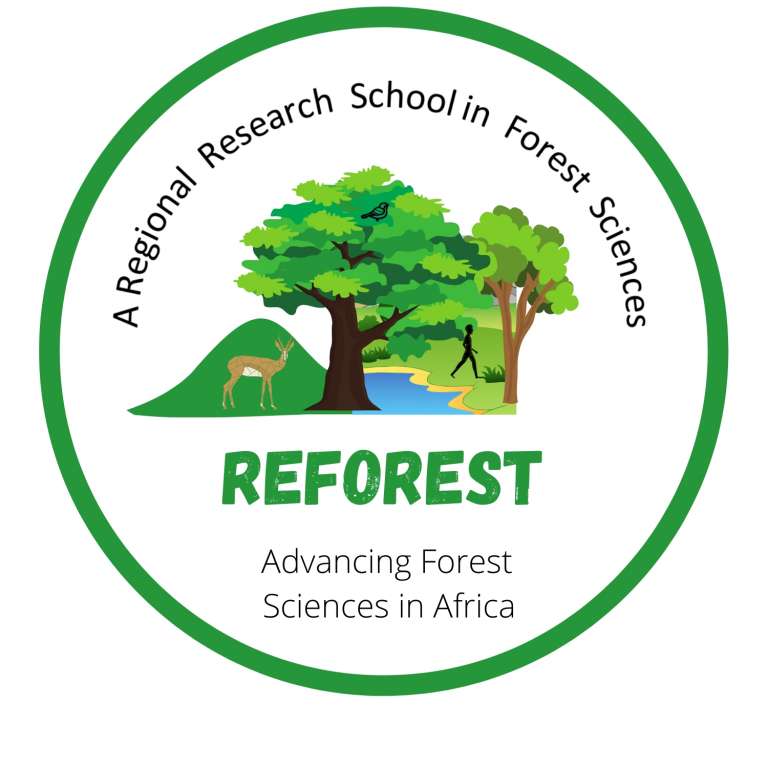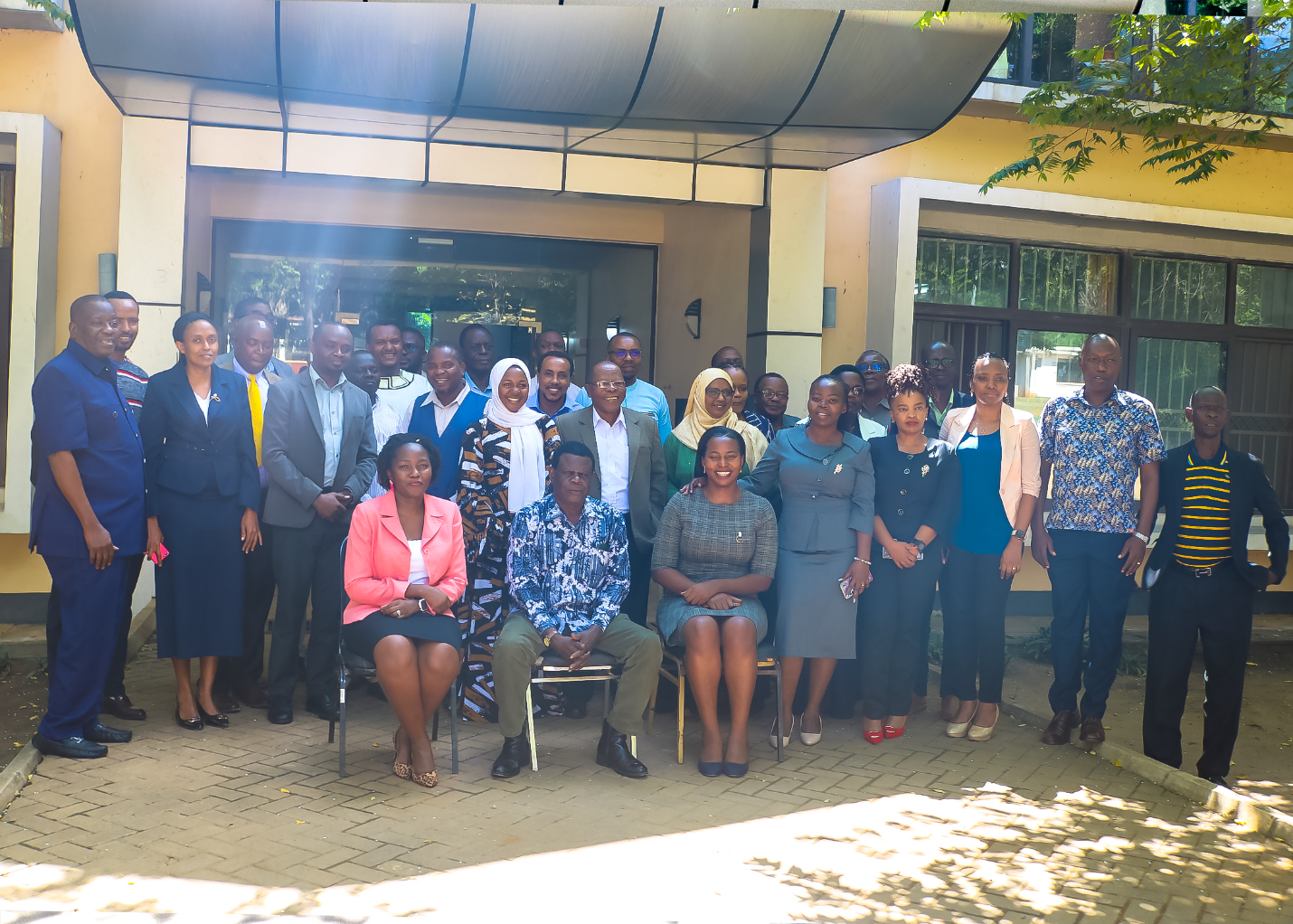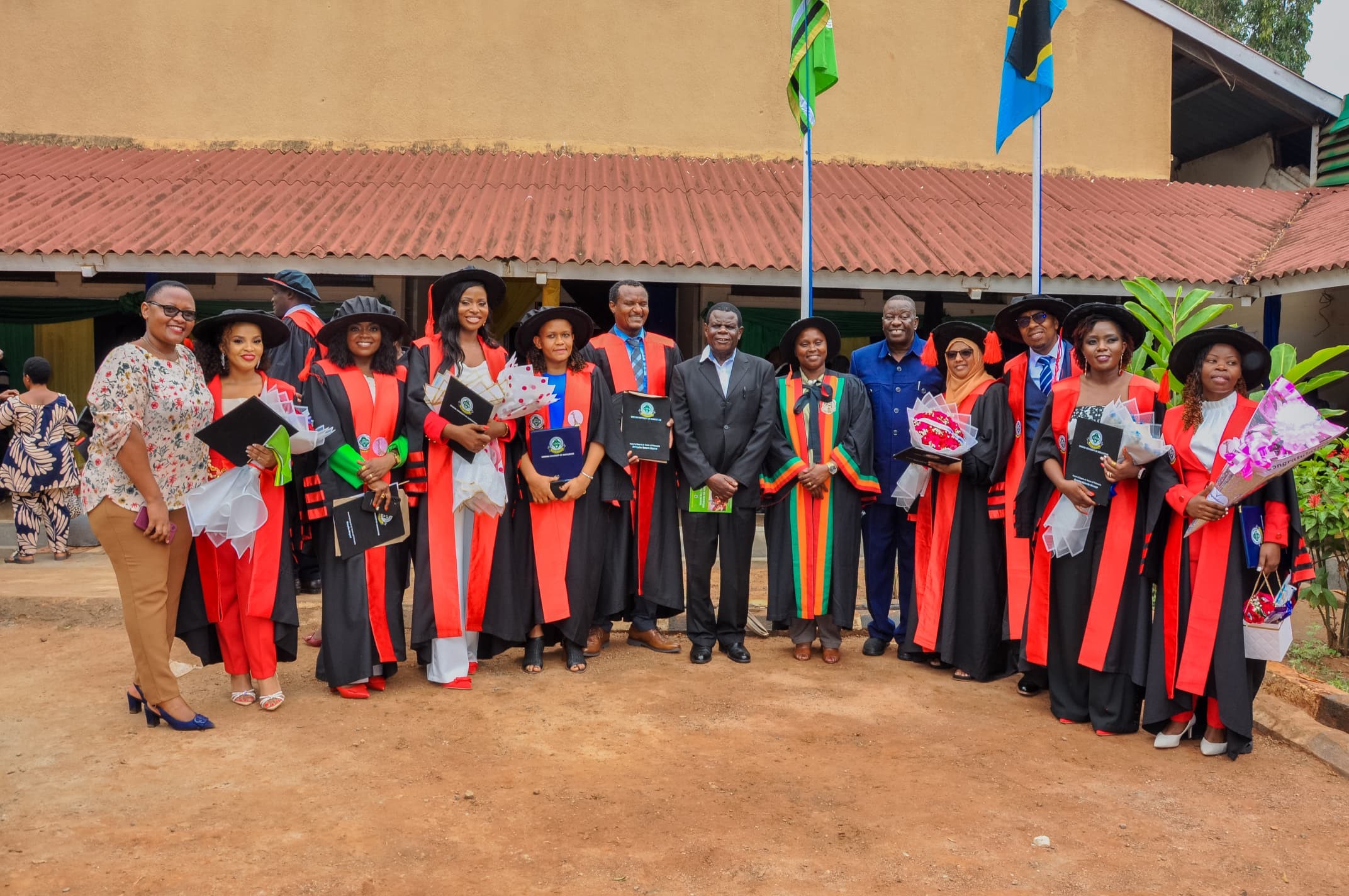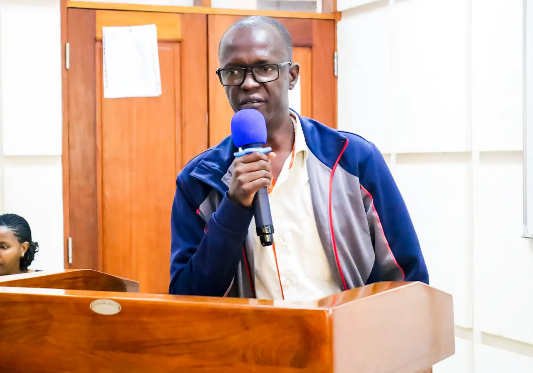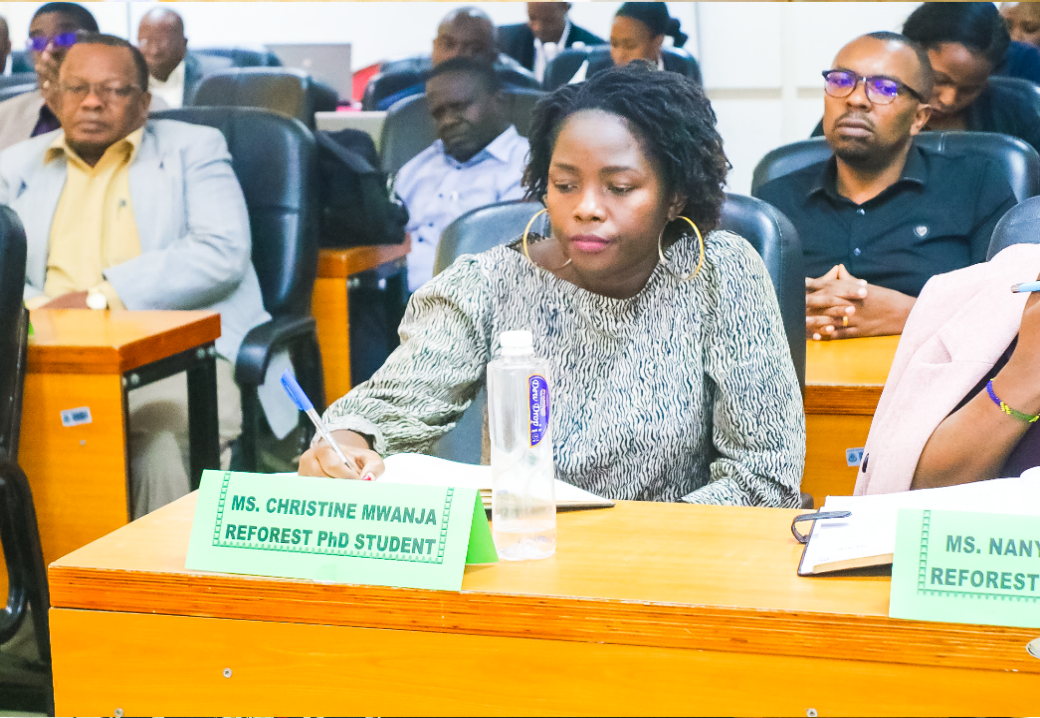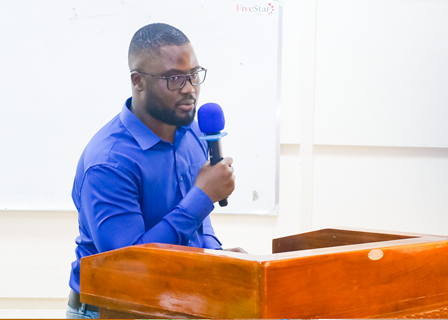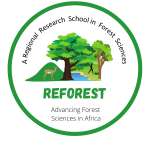By Nishimwe Gaudence
(PhD student under REFOREST Programme at Sokoine University of Agriculture)
Background of the study
In Rwanda, the exceptionally high rate of population growth (insert the rate hereof about 2.4% annually) has resulted in negative impact on physical and natural resources. This puts severe pressure on land, settlement and living conditions. With increased deforestation rate, overexploitation and changes in land use, the reduced diversity of natural vegetation in Rwanda is declining, the indigenous fruit tree species. have reduced at the point sSome species are no longer available in the country.
There is urgent need of measures to conserve and promote some important resources. I have committed myself to take up studies leading to improving biodiversity conservation, starting on native tree species with edible fruits in Rwanda. My study is aiming to unlock the potential of indigenous fruit trees in Rwanda. One way to achieve this is through farmers’ participatory selection of priority species, characterization of fruits attributes and initiating their domestication in the country.
The journey towards unlocking the potentials of Indigenous Fruit trees in Rwanda
Following the completion of coursework at Sokoine University of Agriculture, I started fieldwork with exploratory work on the occurrence of different indigenous fruit tree species within selected districts in Rwanda with special attention on the stakeholders involved in cultivating them.
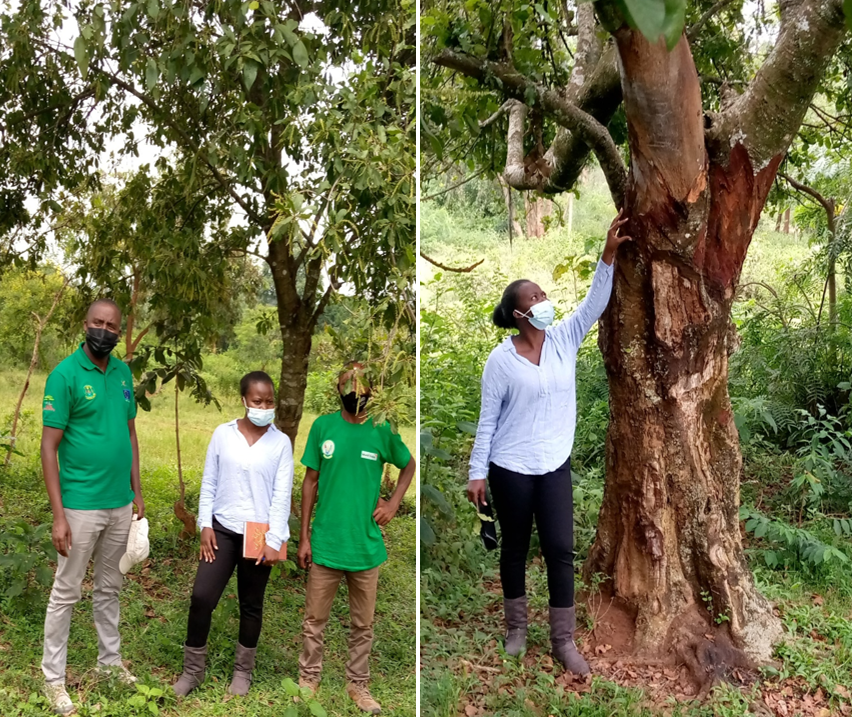
Exploratory study (PhD student in the middle; Bugesera District’s Environmental officer on the right side and local farmer on the left side)
Supervisor’s Field Visit
The REFOREST program offers a great opportunity to have three supervisors from different partner universities. For instance, one supervisor is from Sokoine University of Agriculture (SUA), other supervisors come from university of Rwanda (UR) and Swedish University of Agricultural Sciences (SLU). To enable student-supervisors interaction on the site, the program organized field visit that took place between 3rd – 7th April 2022. It was a great opportunity to visit all proposed study sites and select the suitable sites for research work.
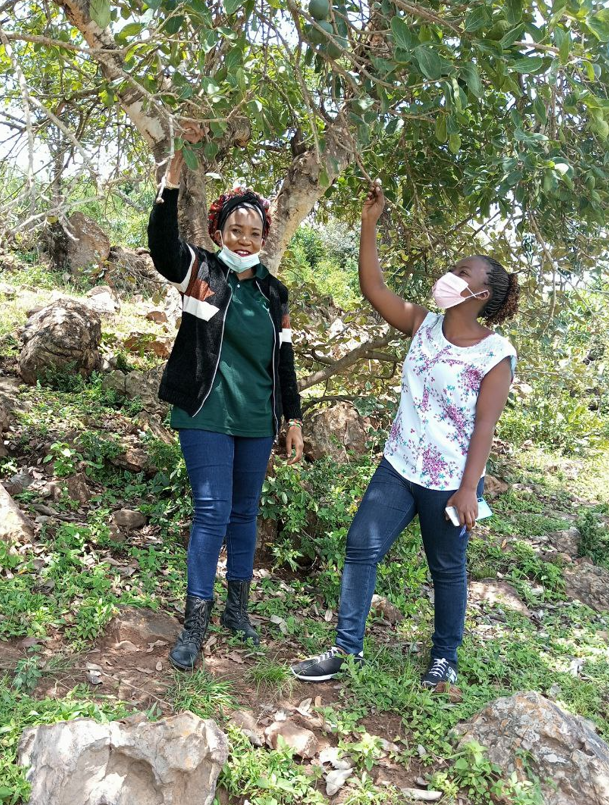
Observing Strychnos innocua species at Mpanga landscape of Kirehe District (Professor Suzana Augustino (left) and PhD student (right))
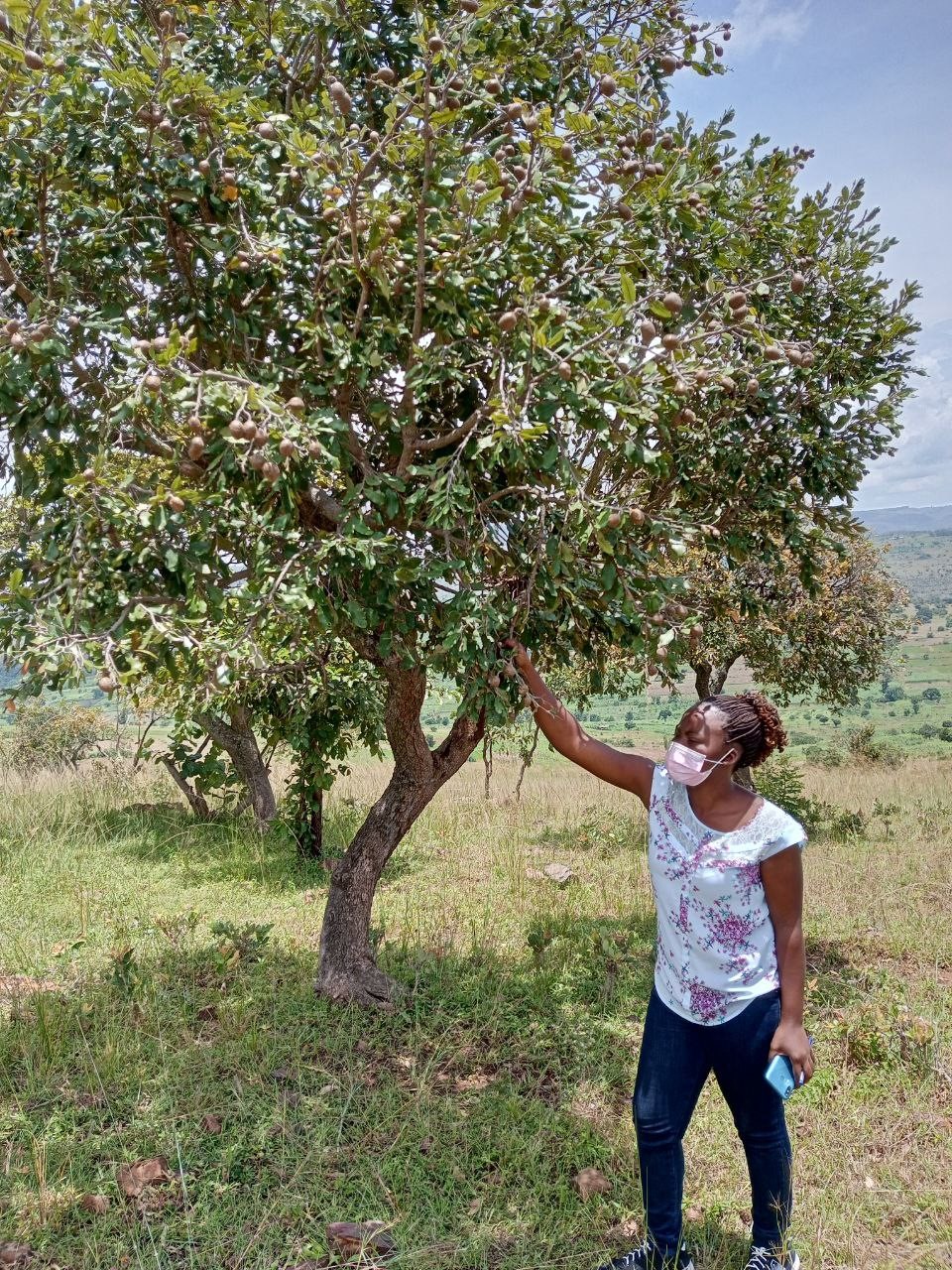
PhD student observing Parinari curatellifolia species at Mpanga landscape of Kirehe District
Data collection
Household survey and focus group discussions have been used to gather information on available indigenous fruit trees in Rwanda, their use and importance for local livelihoods, and farmer´s tentative judgement on the feasibility to integrate them on farm. A visit to some Farmer-Managed Natural Regeneration (FMNR) areas was done.
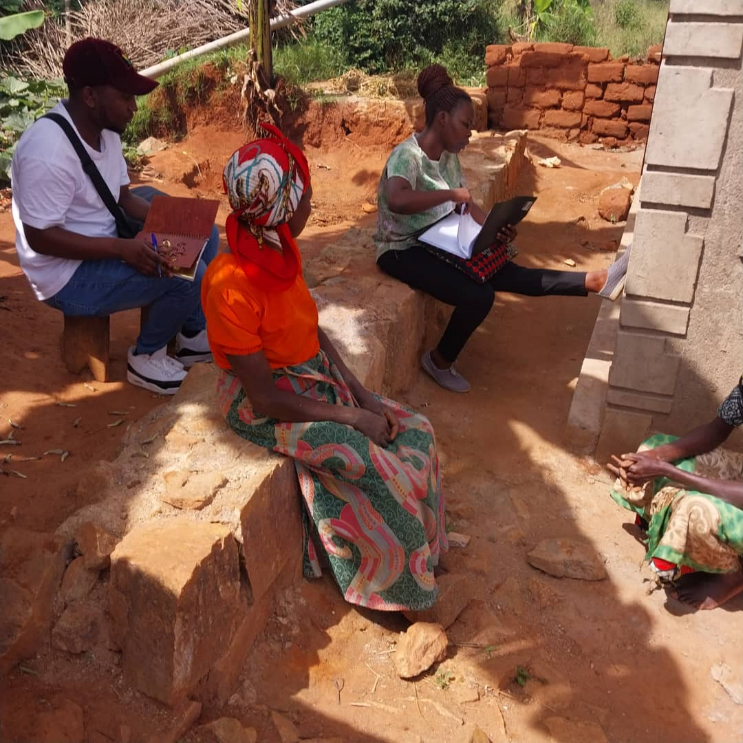
PhD student and enumerator during household survey activity
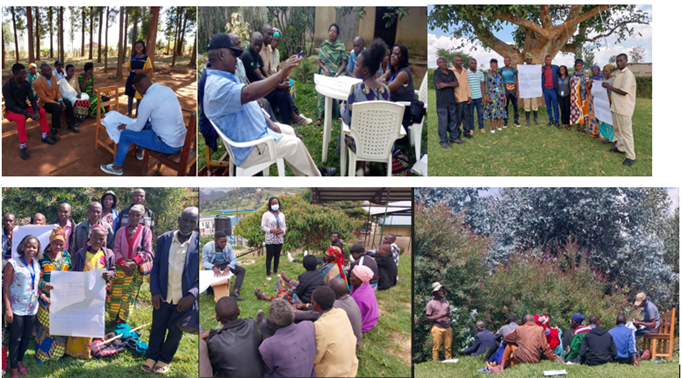
PhD student, enumerators and local community during focus group discussions
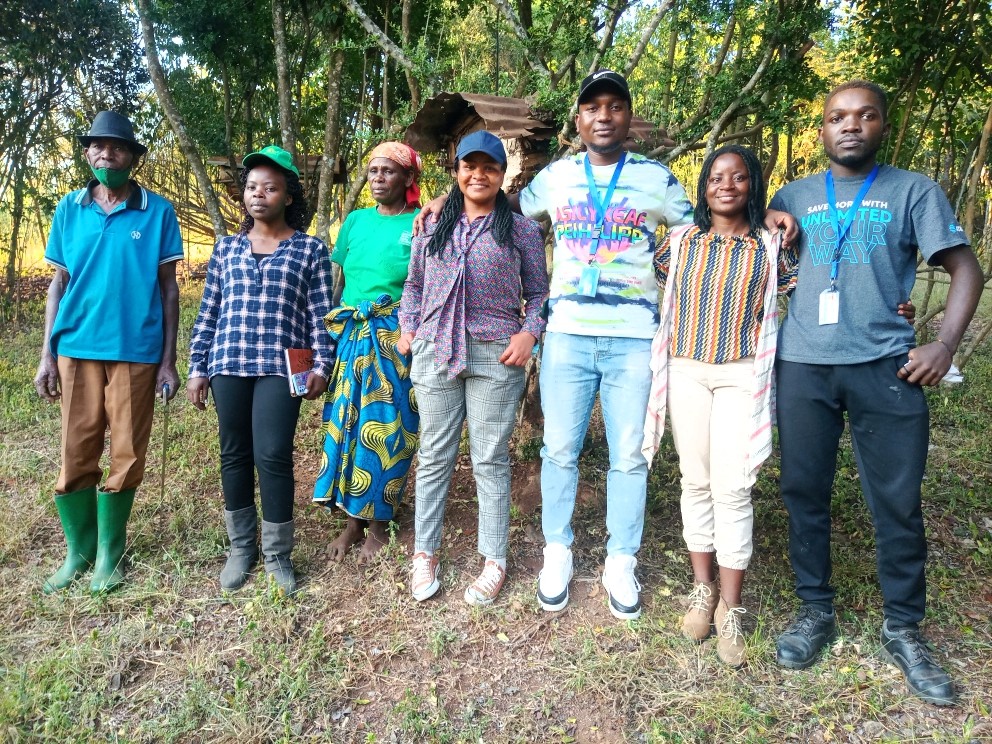
Researcher with enumerators during FMNR Visit
Conclusion
Promoting indigenous fruit trees through farmer’s participatory selection and domestication is very important. Mapping the abundance and distribution of the selected species and providing options for quality-planting materials have been suggested. The data collection is still ongoing to unlock the potentials of indigenous wild fruit trees in Rwanda.
